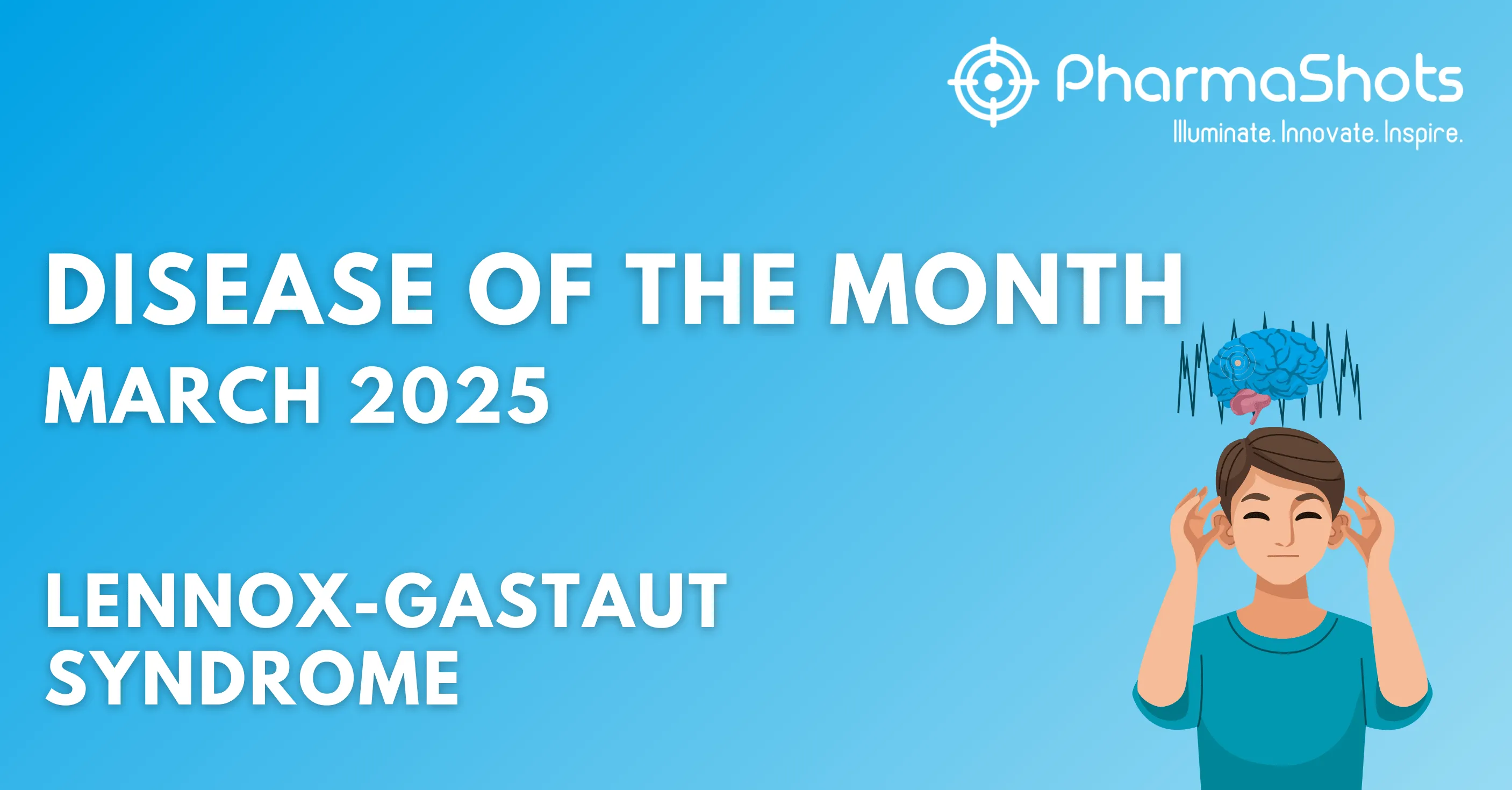
Tips for Nurses on Enhancing Patient Care and Efficiency in Healthcare Settings
Imagine stepping into a world where compassion meets efficiency, where every action and word can make a profound difference in someone's life. This is the world of nursing, where healthcare professionals are not just caregivers but are pivotal in enhancing the patient experience and operational efficiency in healthcare settings.
In the bustling corridors of hospitals and the quiet rooms of clinics, nurses weave the fabric of patient care with skill, empathy, and dedication. They are the unsung heroes, the bridge between patients and doctors, and the heart of healthcare. But how can these vital professionals amplify their impact, streamline their workflows, and deliver even more exceptional care?
Join us as we explore practical tips for nurses aimed at elevating patient care and improving efficiency. From leveraging educational prowess to embracing the power of teamwork, these insights are designed to inspire, guide, and empower nurses in their noble mission.
Whether you're a seasoned nurse or just starting your journey, these tips are your beacon, guiding you toward a more effective, fulfilling, and impactful nursing practice.
Leverage Your Nursing Education
Nurses who have completed either an RN program or earned a BSN degree bring valuable skills and knowledge to their roles. RNs are equipped with essential nursing skills and clinical experience, while BSN-educated nurses also bring a broader scope of education, including leadership, research, and evidence-based practices.
Aspiring professionals can look up the keyword RN BSN nursing degree and discover pathways to advance their education, enhance their skills, and broaden their career opportunities in the healthcare field.
Top of Form
This advanced education equips them with the tools to not only provide superior care but also to drive improvements in healthcare settings. For instance, a nurse with a BSN is well-versed in analyzing clinical data to enhance patient outcomes. These nurses should actively apply their learned theories and methodologies to real-world scenarios, thereby elevating the standard of care provided to patients. Furthermore, engaging in continuous education and training ensures that nurses stay abreast of the latest practices, contributing to their growth and the well-being of their patients.
Embrace Effective Communication
Communication is the linchpin in the realm of healthcare. Nurses must master the art of conveying information clearly and succinctly to patients, their families, and colleagues. Effective communication fosters a therapeutic nurse-patient relationship, builds trust, and ensures that care is aligned with patients' needs and preferences. Moreover, clear communication within the healthcare team is essential for coordinating care and preventing errors. Nurses should practice active listening, clarify when in doubt, and use layman's terms when explaining medical jargon to patients and their families.
Prioritize Patient-Centered Care
Patient-centered care is about respecting and responding to individual patient preferences, needs, and values. Nurses should strive to see the person beyond the patient, understanding their unique story, which in turn informs a more tailored approach to care. This involves engaging patients in discussions about their treatment plans, respecting their choices, and ensuring that their voices are heard. Such an approach not only improves patient satisfaction but also can lead to better health outcomes, as patients are more likely to adhere to treatment plans they have co-created.
Adopt Time Management Strategies
Nurses juggle numerous tasks and responsibilities, making time management a critical skill in ensuring that each patient receives the attention they deserve. Effective time management leads to more organized and efficient care, reducing stress for both the nurse and the patient. Nurses can employ strategies such as prioritizing tasks based on urgency and importance, using technology to streamline documentation, and delegating tasks when appropriate.
Utilize Technology Wisely
Technology has become an integral part of modern healthcare, offering tools that can significantly enhance patient care and efficiency. Nurses should be proficient in using electronic health records, which provide comprehensive patient information at the click of a button, enabling better-informed decisions and care plans. However, while technology can be a powerful ally, it's essential for nurses to maintain a human touch. They should leverage technology to enhance, not replace, the personal interactions that are so crucial to patient care.
Develop Strong Interpersonal Skills
The essence of nursing is grounded in the ability to build relationships. Nurses with strong interpersonal skills can connect with patients, offering comfort and reassurance during challenging times. Empathy is a cornerstone, enabling nurses to understand and respond to the emotional and physical needs of their patients. Cultural competence is also vital, as it allows nurses to provide care that respects the diverse backgrounds and beliefs of their patients. Effective communication, a key component of interpersonal skills, ensures that nurses can convey information, listen actively, and engage in meaningful interactions, thereby fostering a supportive and healing environment.
Engage in Team Collaboration
Healthcare is a team sport, and nurses are integral players. Collaborating effectively with other healthcare professionals ensures a cohesive approach to patient care, enhancing outcomes and efficiency. Nurses who actively participate in multidisciplinary teams contribute valuable insights and perspectives, ensuring that care plans are comprehensive and patient-centered. Effective collaboration also involves understanding the roles of different team members, respecting their expertise, and communicating openly to achieve common goals.
Focus on Continuous Improvement
The healthcare landscape is constantly evolving, and nurses must adapt and grow to keep pace with new knowledge and practices. Engaging in continuous professional development allows nurses to enhance their skills, stay informed about the latest trends in healthcare, and apply new knowledge to improve patient care. Seeking feedback from peers, supervisors, and patients can also provide valuable insights that drive personal and professional growth. Nurses who are committed to continuous improvement are better equipped to innovate, lead, and contribute to the advancement of their profession.
Practice Self-Care
To care for others effectively, nurses must first take care of themselves. The demands of nursing can be physically and emotionally draining, making self-care an essential component of a sustainable career. Strategies for self-care include maintaining a healthy lifestyle, managing stress through relaxation techniques or exercise, setting boundaries to ensure work-life balance, and seeking support when needed. By prioritizing their well-being, nurses can maintain their resilience, compassion, and effectiveness, ensuring they can provide the best care for their patients.
Stay Informed on Healthcare Advances
The field of healthcare is dynamic, with continuous advances in technology, treatments, and best practices. Nurses who stay informed about these developments can apply cutting-edge knowledge to improve patient care and operational efficiency. This can involve subscribing to professional journals, attending conferences, participating in workshops, or engaging in online forums. By staying current, nurses can contribute to a culture of innovation and excellence in their workplaces, ensuring that patient care is informed by the latest evidence and technologies.
Conclusion
Enhancing patient care and efficiency in healthcare settings is a multifaceted endeavor that requires dedication, collaboration, and continuous learning. Nurses, especially those armed with comprehensive skills and knowledge, are at the heart of this mission. By developing strong interpersonal skills, engaging in team collaboration, focusing on continuous improvement, practicing self-care, and staying informed about healthcare advances, nurses can make significant contributions to the well-being of their patients and the effectiveness of their healthcare teams.
Related Post: A Peek into the US Healthcare System
Tags

Carla Adams is an enthusiastic dreamer and a workaholic to achieve that. She is a passionate blogger, writer, basketball player, researcher, and fashion freak. She has contributed to many reputed blogs and is constantly on the lookout to reach authoritative blogs around. Currently, she is associated with Sophie & Trey, an online clothing boutique in Lake Mary Florida for their blog operations. For all the updates follow her on Twitter @CaCarlaadams














